SUMMARY
This is AI generated summarization, which may have errors. For context, always refer to the full article.
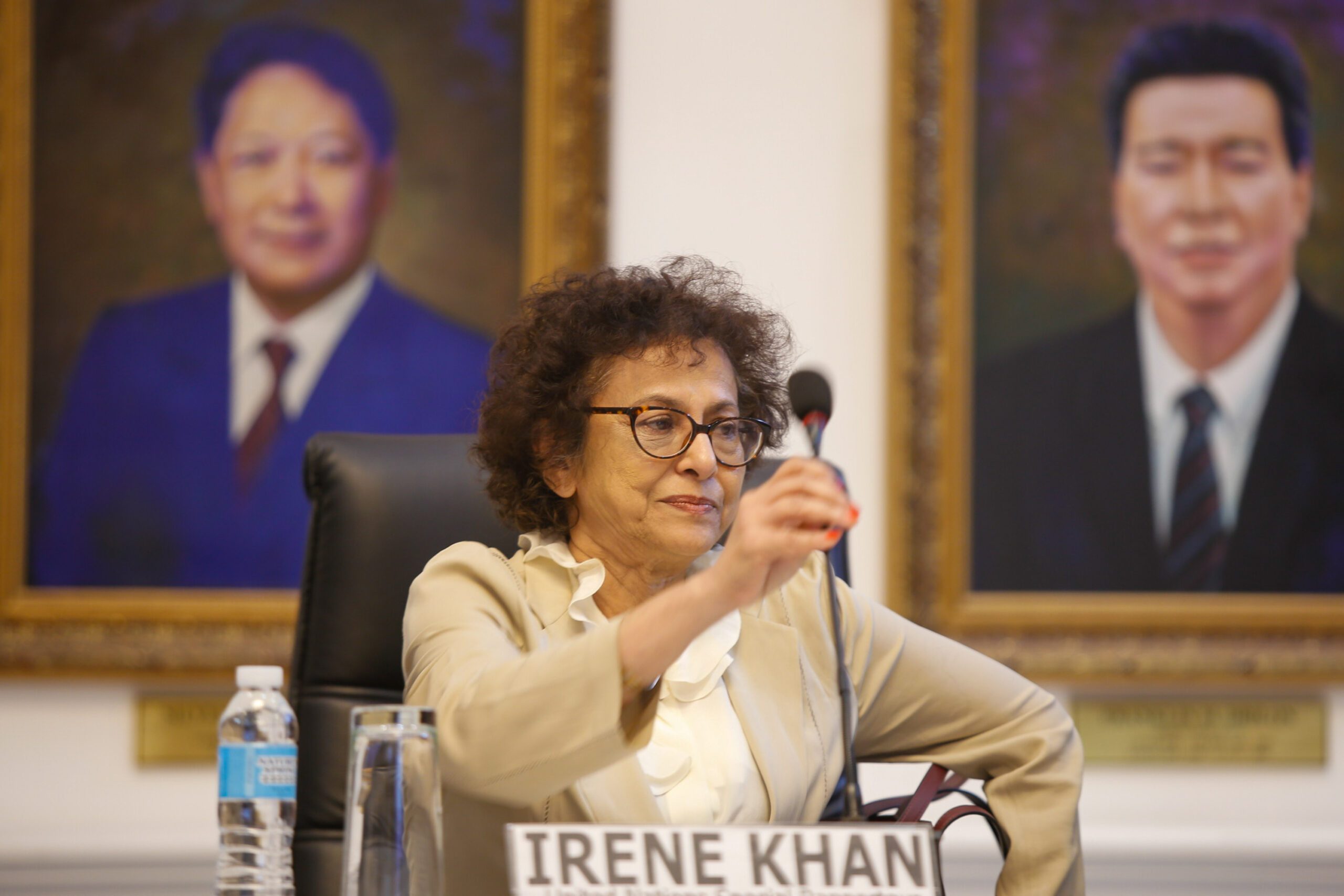
NEGROS OCCIDENTAL, Philippines – Indigenous peoples’ groups have called on visiting United Nations Special Rapporteur on Freedom of Opinion and Expression Irene Khan to investigate IP rights violations in the islands of Panay and Negros.
The KATRIBU Kalipunan ng Katutubong Mamamayan ng Pilipinas, an alliance of indigenous peoples (IP) organizations in the Philippines, has raised critical IP issues in the Visayas.
“KATRIBU calls on Ms. Khan to look further into these cases of grave human rights abuses and FPIC violations against the indigenous peoples in the islands of Panay and Negros. In the reported incidents, the government, national agencies, and state security forces neglect the Indigenous Peoples’ Freedom of Expression through the weaponization of the laws, continued militarization of communities, and state terror,” the group said.
It added that the National Commission on Indigenous Peoples (NCIP), in connivance with the National Task Force to End Local Communist Armed Conflict (NTF-ELCAC), Armed Forces of the Philippines (AFP), and Philippine National Police (PNP), “failed to protect the Tumandok’s ancestral lands.”
KATRIBU national convenor Beverly Longid, in an interview with Rappler on January 31 alleged the NCIP, NTF-ELCAC, and state forces were complicit with the killing of nine indigenous people and the arrest of 17 others in a simultaneous police operation in Tapaz, Capiz, and in Calinog, Iloilo in 2020.
Longib recalled how the government used the whole-of-nation approach through the NTF-ELCAC against the IP, especially those opposed to oppressive state policies.
The victims were vocal in their opposition to the destructive Jalaur Mega Dam, Longib said.
The Jalaur River Multi-Purpose Project is expected to be finished by the end of 2024, and will be completely operational in 2025.
While the dam project is eyed to supply irrigation waters to 31,000 hectares of agricultural lands in Iloilo, benefiting around 25,000 farmers, Lingob said it would displace 17,000 IP belonging to the Panay Tumandok community.
Nine communities and six IP burial sites are projected to be submerged, posing a threat to the community’s source of livelihood, resources, food security, biodiversity, and culture.
Lingob said the free, prior, and informed consent (FPIC) of the Tumandok as an IP community was violated during the dam construction process.
“The Indigenous Peoples Rights Act of 1997 (IPRA) was utilized to facilitate the contested approval of the project. The state has selected ‘tribal elders’ to railroad the construction and invalidate the strong opposition of the affected communities,” she said.
“The NCIP did not do its mandate to promote IP rights. They facilitated the entry of destructive and unwanted projects in IP lands,” Lingob told Rappler.
Negros killings
Lingob also expressed her deep concern about the history of killings in Negros Occidental, the fourth largest province in the Philippines.
Lingob said that the heightened military operations in Himamaylan City in October 2022 ought to be looked into because it severely damaged the city’s ancestral lands.
Ligob claimed that the increased military operations had violated the ancient lands of the southern Negros city, forcing residents to flee their homes and leave their livelihood behind. The series of armed encounters affected almost 18,000 residents.
In 2023, Emilda and Roly Fausto and their two minor sons, Ben and Raben, were shot and killed in the June 14 attack in Himamaylan City.
The military and communist rebels traded accusations following the brutal killing of the Fausto family. The NPA has pointed to the military as the perpetrator, claiming that the family had been red-tagged and subjected to military harassment prior to the attack but the military denied the allegation.
In the last quarter 2023, three separate killings were recorded: First, a tricycle driver hired by a group of noncombatants who were killed in Kabankalan City, second was the killing of a charcoal maker in Cauayan town, and the killing of a farmer roused from sleep by a group of military personnel in Binalbagan town.
The military, however, repeatedly affirmed their strong adherence to the Armed Forces of the Philippines’ (AFP) rules of engagement, International Humanitarian Law (IHL), and the rule of law.
Human Rights Advocates Negros (HRAN) also relayed their concerns to Khan in Cebu City on Tuesday, January 30, especially the issues on the red-tagging of journalists, activists, and community associations; and the judicial harassment of cultural workers in the island.
“HRAN joins the call to end red-tagging and vilification and establishment of a mechanism for accountability of those responsible,” HRAN said.
Khan arrived in the country on January 22 and will stay until February 2, to assess the current state of rights to freedom of opinion and expression in the Philippines. – Rappler.com
1 comment
How does this make you feel?

![[Be The Good] In Negros, a bloody day remembered](https://www.rappler.com/tachyon/2024/03/Degamo-killing-first-year-commemoration.jpg?resize=257%2C257&crop=155px%2C0px%2C720px%2C720px)
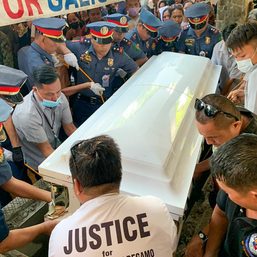
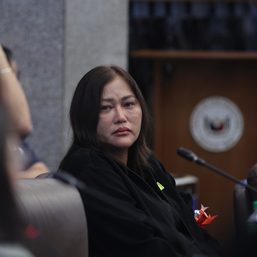
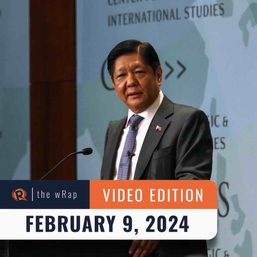



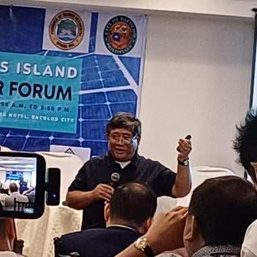
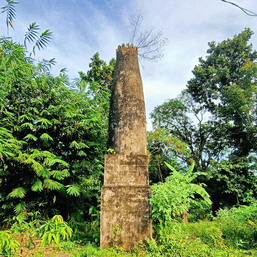
This is not a “whole of nation” approach but a limited “whole of government” approach. If the former method had been used, this issue could have been resolved to the satisfaction of all parties concerned. In addition, the “whole of government” approach was used merely to achieve the end of the dam construction process. In terms of social benefit and cost analysis, the Government’s action benefitted those groups favored by the dam construction at the expense of the affected IPs. So sad, indeed, but that is the hidden end.